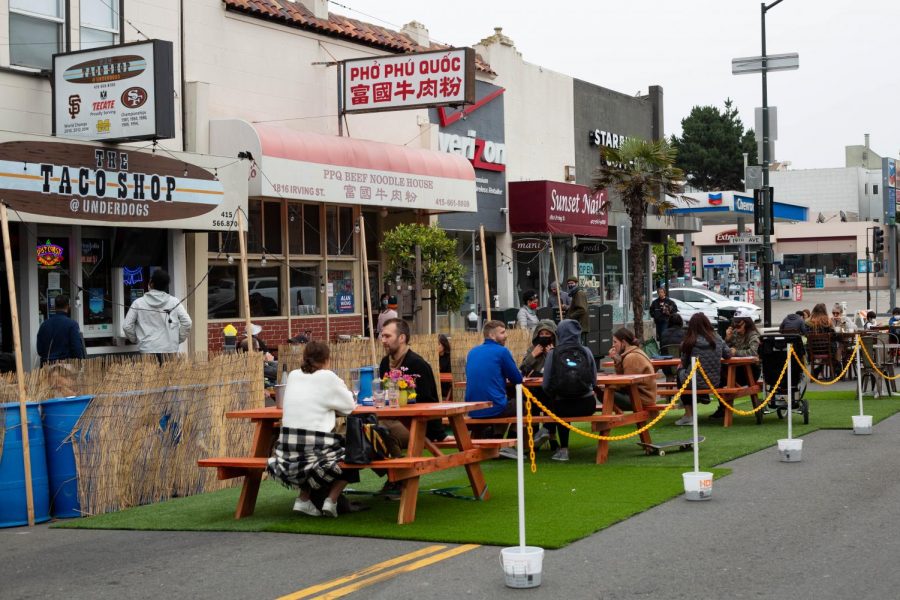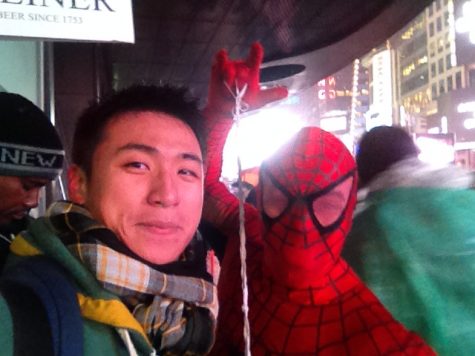Outside stores, people consciously arrange themselves to stand in rows, six feet away from each other ready to enter, and routinely wearing masks as part of daily life. The way people conduct themselves in outside settings has changed significantly throughout the course of the COVID-19 era , but how have people’s minds grown numb to the pandemic?
The COVID-19 pandemic has eight months and is still an avalanche outbreak. According to the latest data released by the U.S. Centers for Disease Control and Prevention, the number of infections in the U.S. reached a total of 15.2 million, and the death toll reached 286,000 at the time of publication. After nearly a year of COVID-19 imposed changes on people’s lives, people seem to have become almost numb or aloof to their drastically changed lifestyles.
SF State psychology professor, David Gard, Ph.D., who specializes in clinical psychology and graduated from UC Berkeley in 2005, weighed in on the potential long-term psychological effects of the pandemic.
“We may not know the COVID-19’s effect on people’s mentality for several years. It’s still too early to know,” Gard said. “Best guess, as a clinical psychologist, it is highly viable. Major adjustments by adopting. As human species, we are powerful, adaptive. We can adapt to any complex environment in a short time.”
Gard, who has made, in recent years, several medical contributions to helping develop understanding regarding the depressive disorder and other human emotions, said that long-term home quarantine could create psychological issues or future problems for some in the general populous. Jasmine Randolph, a 20-year-old SF state student majoring in finance, expressed that her daily life had found a way to adapt; nonetheless, Randolph is eager for the pandemic’s end.
“Before COVID-19, I was busy [with] school and work, but now I only focus on school. It’s nice to stay in,” Randolph said.“I am adopting this lifestyle fine, but I want it to end soon. I lost my social life, friends and experiences in college.”
Sophie Genolio, a student of the University of New Jersey, spoke in a similar vein. She said she had taken a year off school and returned to the Bay Area because of the epidemic.
“I am adapting to it well, but every time I think about [the pandemic], it is crazy,” Genolio said.“If I have a choice, I hope the [pandemic] can end safely. I miss my regular lifestyle.”
Gard explained that a substantial portion of the population may struggle more and develop mental health issues because of this longtime home quarantine. Gard stated that it is because people who are suffering right now, and are having trouble adapting, will struggle because their typical or usual coping mechanisms have been taken away.
“Most people will adapt fine, but a good percentage of people will show long term problems because of this,” Gard said.
John Keaton, a long time UPS driver, stated that his general work style has not changed, but that many aspects of it have become increasingly dissatisfying.
“Outside of work I mean I don’t go out much. I just stay at home instead of vacation,” Keaton said. “ I am not numb to this lifestyle, but I’m feeling sick of it. I want back to normal, I really wanna go vacation, movie theater and shop. Hope this vaccine can come out soon.”









